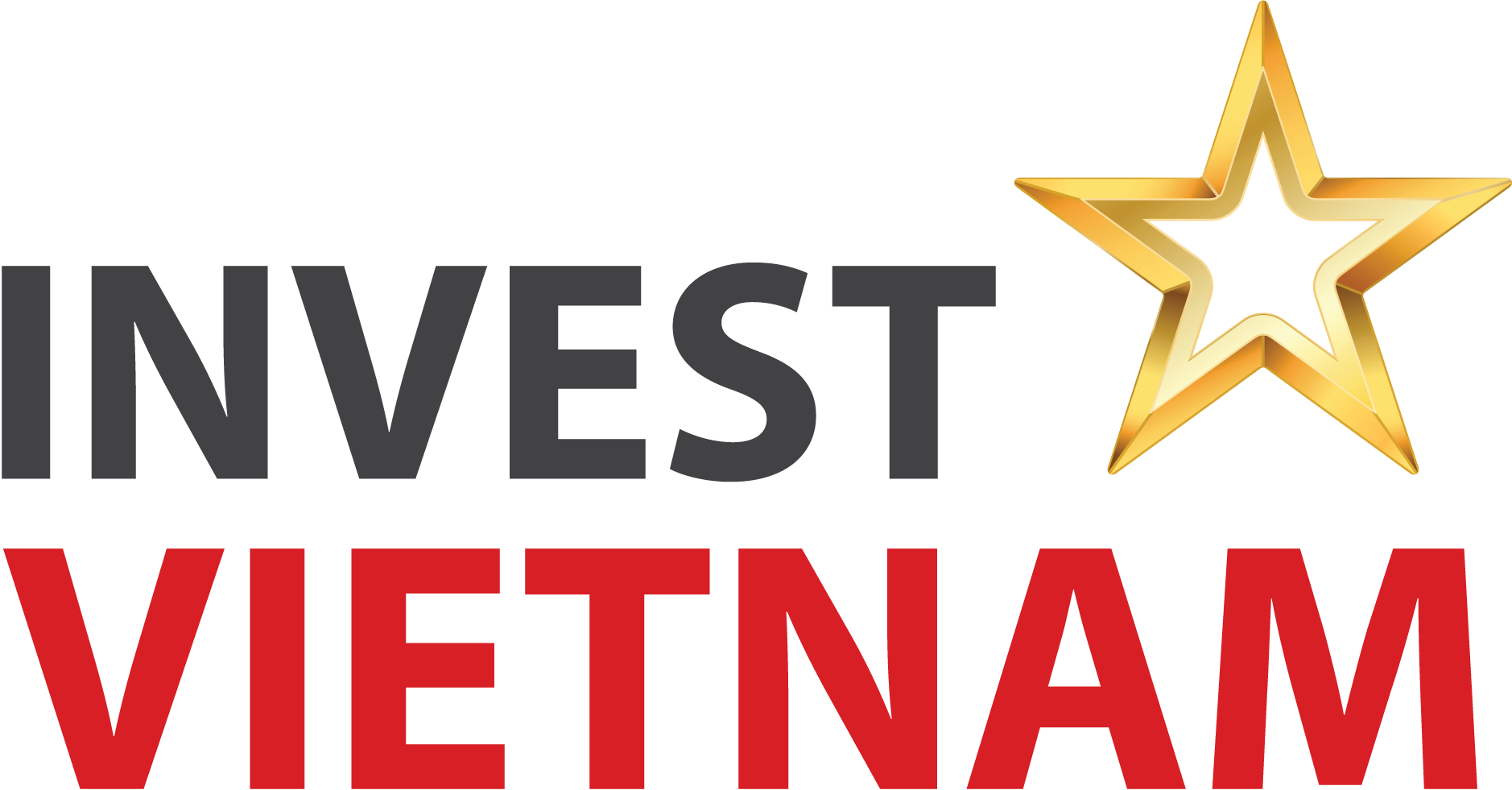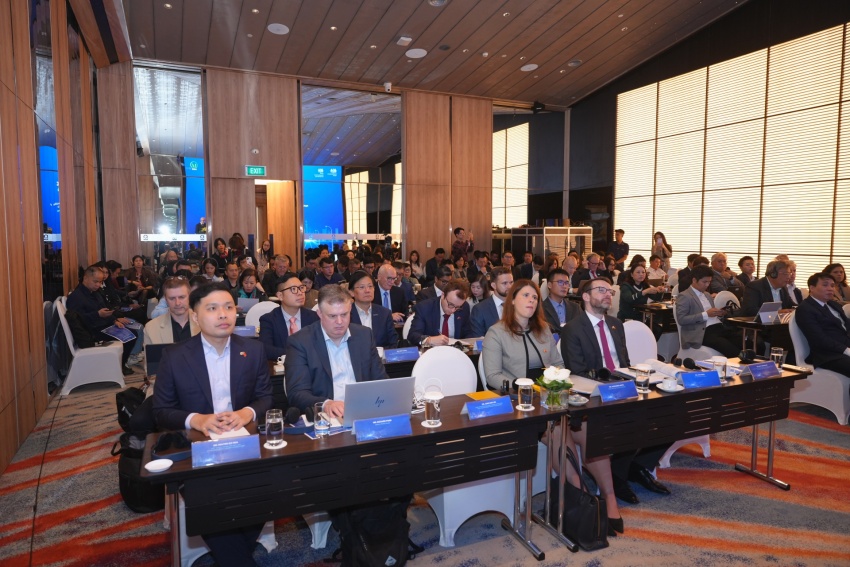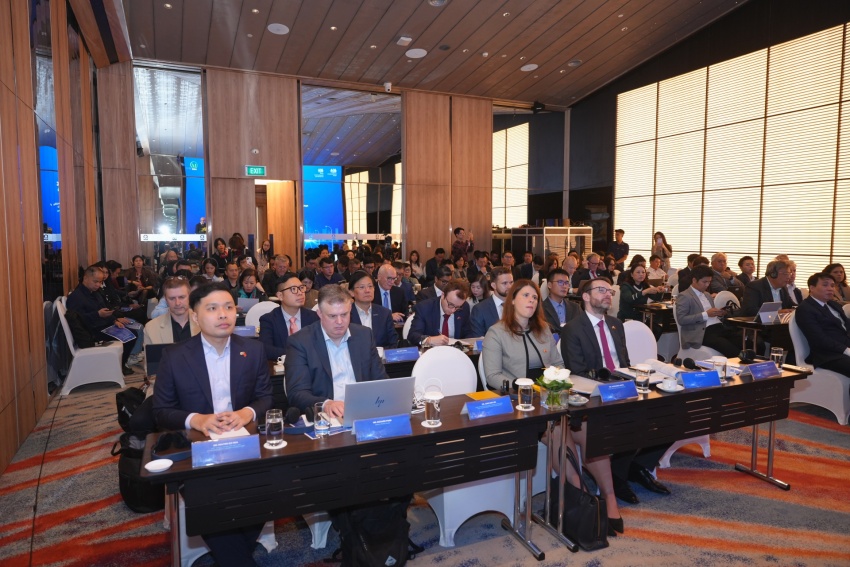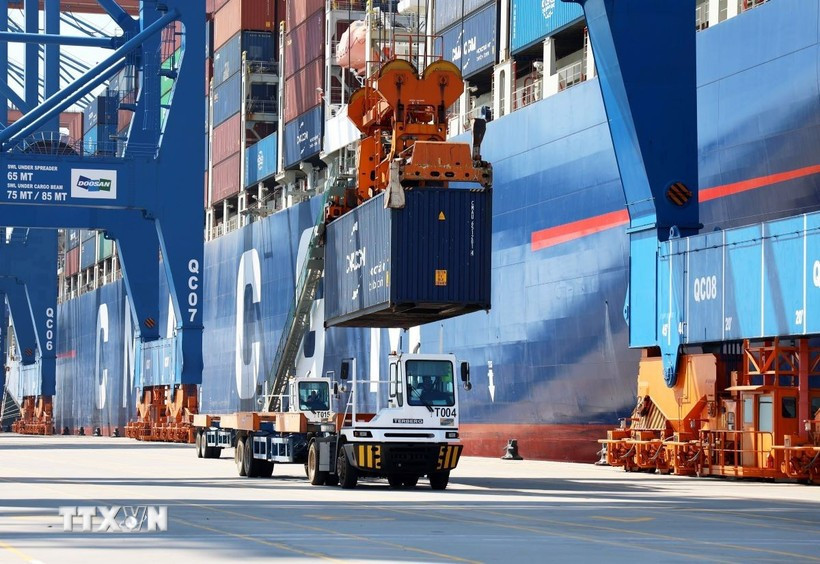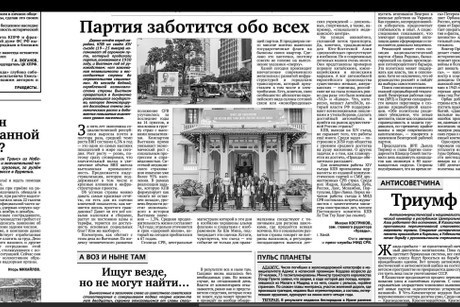M&A market set to boom again in 2025
The M&A market is expected to become more dynamic in 2025 with the return of investors from Japan and South Korea across various sectors, driven by positive institutional changes and recent efforts toward dual transformation.
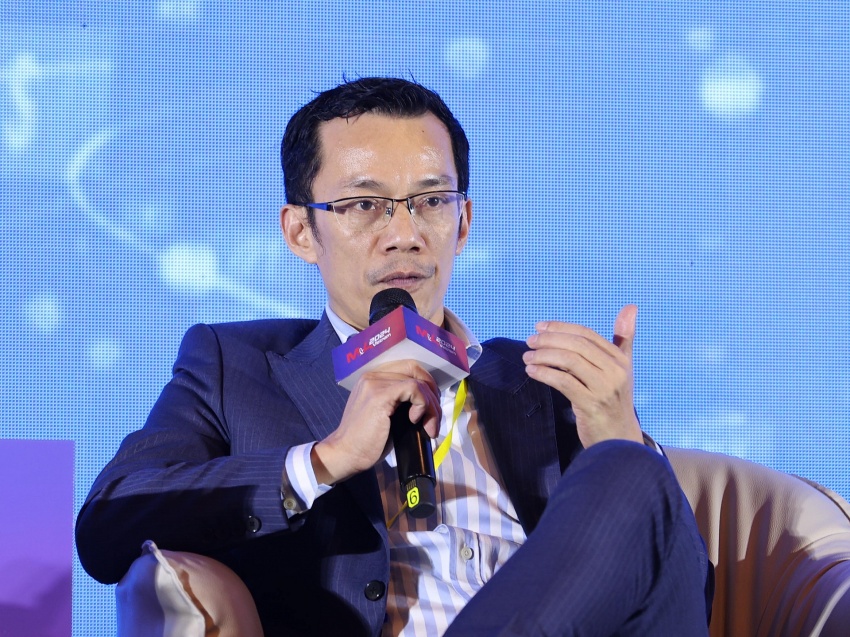
At the 2024 Vietnam M&A Forum, themed "A Blossoming Market" hosted by VIR on November 27 in Ho Chi Minh City, representatives from international organisations gathered to discuss the macroeconomic context, policy changes, global trends affecting Vietnam's merger and acquisition (M&A) market, and international capital flows amidst evolving macroeconomic conditions and new regulations on foreign ownership limits and tax incentives.
Dinh The Anh, partner and head of corporate finance at KPMG Vietnam, noted that the M&A market has experienced a decline over the past two years. However, signs indicate a recovery, with an increase in buyer activity and a return of foreign capital to Vietnam.
"The market will witness more dynamism in the near future, with several deals about to be completed. Investors from South Korea and Japan, who were quiet for the past two years, are now returning. Notably, South Korean investors with businesses or operations in Vietnam are regaining confidence in the market.”
For example, the education sector, spanning from early childhood education to English and foreign language training, as well as higher education, is attracting many investors. "This education market is seen as highly promising," added The Anh.
"Recent positive institutional changes have helped make Vietnam's M&A market an attractive one, with numerous deals being executed," emphasised Vo Ha Duyen, chairwoman of VILAF law firm, during the discussion at the 2024 Vietnam M&A Forum.
In addition, efforts to reform administrative procedures and accelerate digital transformation were recognised as key factors driving positive changes in Vietnam's M&A market.
Duyen stated that the most significant development is the reduction of regulatory burdens and the expansion of investment opportunities, particularly in green technology, renewable energy, and sustainable development. "Moreover, Vietnam has gradually eased foreign ownership limits, allowing up to 100 per cent ownership in many sectors, such as e-services and gaming services. This makes it easier for foreign investors to enter these fields.”
However, Duyen also pointed out challenges to be aware of in Vietnam's M&A activities. "Many policies are still in draft stages or under review, so investors must carefully assess the potential impact on future M&A deals. This may lead to delays in some transactions," she stressed.
With the positive trends outlined, VILAF expects more M&A deals in 2025, particularly in sectors such as logistics, manufacturing, technology, and finance.
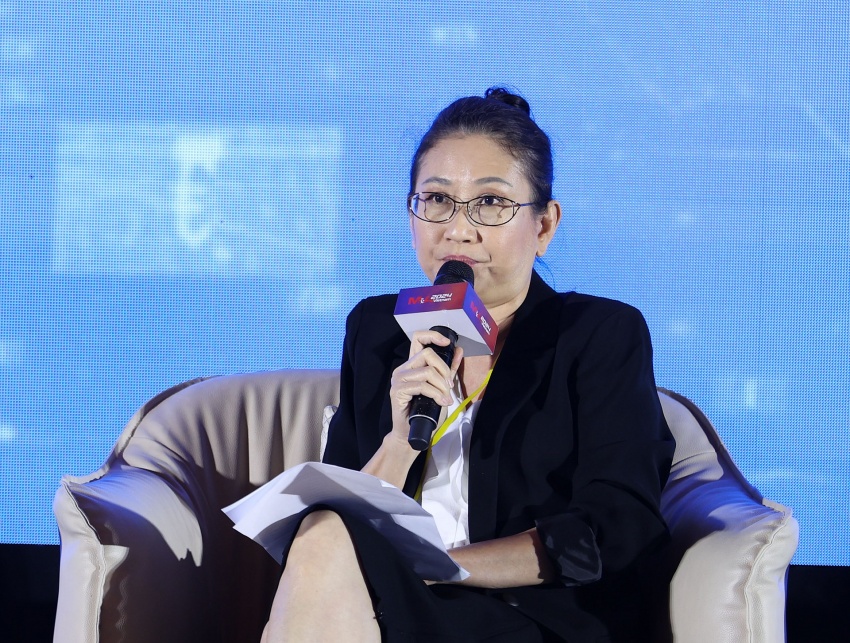
Vo Ha Duyen, chairwoman of VILAF. Photo: Le Toan
Representing global real estate operators, Lee Leong Seng, head of property development/residential, Vietnam Real Estate at Keppel, emphasised the need for effective collaboration with local partners.
Seng stated that now is the ideal time for global companies to partner with local businesses to create high-quality real estate products. "Vietnam, with its rapidly growing economy and young population, is a promising destination for many international investment funds. This is the perfect time for global companies to collaborate with local businesses to develop top-tier real estate products.”
The Keppel representative is confident that the combination of international investment capital and local market expertise will lead to great success. Looking ahead to 2025, with new policies in place, Keppel expects macroeconomic changes to be transformed into concrete actions that will contribute to the sustainable development of Vietnam's real estate sector.
"We are particularly excited about the positive changes in Vietnam's investment environment. These improvements boost foreign investor confidence and open up development opportunities for both traditional and emerging industries," said Seng.
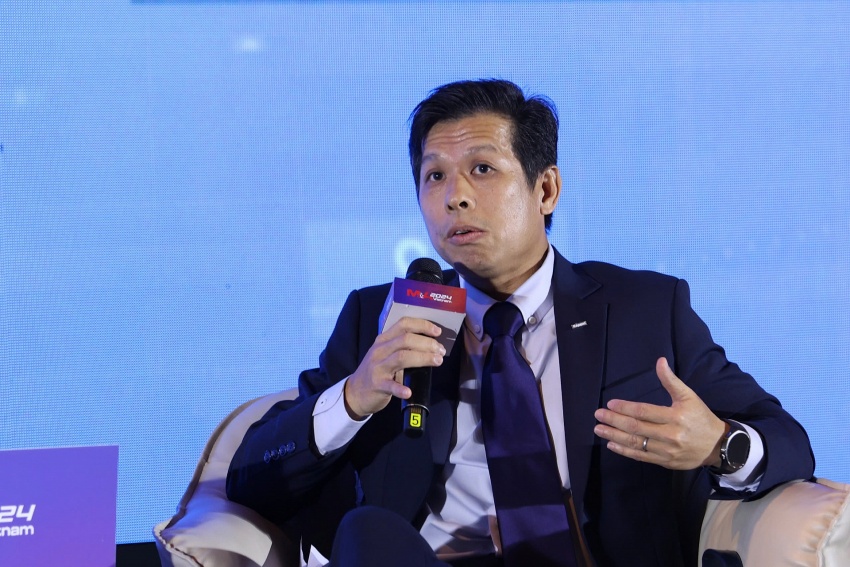
Lee Leong Seng, head of Property Development/Residential, Vietnam Real Estate at Keppel. Photo: Le Toan
Tamotsu Majima, senior director at RECOF Corporation, shared the challenges faced by Japanese companies in M&As. He highlighted two main issues, including the significant gap in valuation between buyers and sellers, and the lengthy approval processes involving multiple authorities with different guidelines.
"In some sectors where business performance has not met expectations, sellers often set high valuations, while buyers, relying on the most recent financial reports, find a large valuation gap," Majima explained.
Despite these challenges, Majima remains optimistic about Vietnam's market potential. "Vietnam is a very promising market, with GDP growth consistently at 6-7 per cent, compared to just 1-2 per cent in Japan. Although Japanese investment in Vietnam has slowed recently, this may change as Japan's new government introduces reforms to encourage outbound investment. Additionally, Japanese companies, under pressure from shareholders, are now looking to deploy their large cash reserves abroad."
"By 2025, the M&A market in sectors like consumer goods, manufacturing, and services will be very active," concluded Majima.
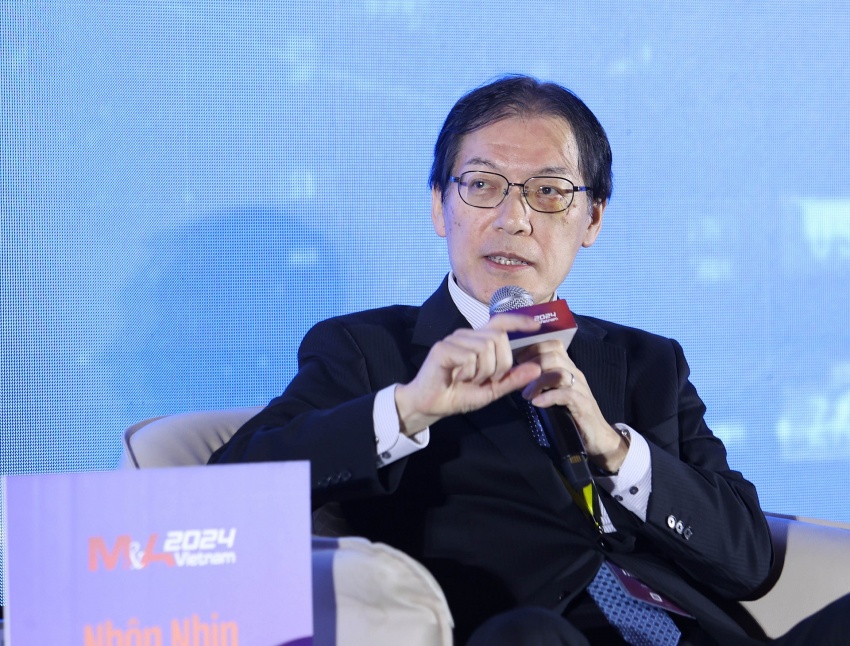
Tamotsu Majima, senior director at RECOF Corporation. Photo: Le Toan
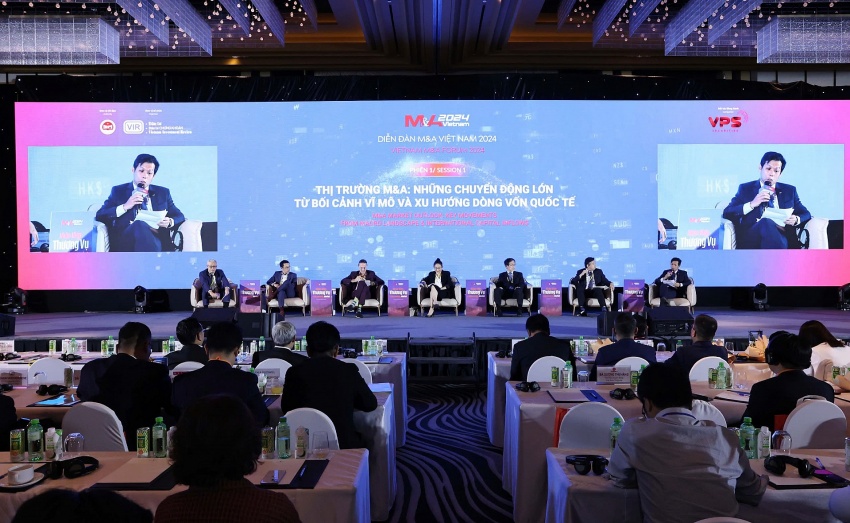
Overview of the discussion session. Photo: Le Toan
By Hazy Tran
Source: VIR
Original link